- Your cart is empty
- Continue shopping
Shop
ROUTINE EXAMINATION PERITONEAL FLUID
Definition
Peritoneal fluid analysis is a lab test. It is done to look at fluid that has built up in the space in the abdomen around the internal organs. This area is called the peritoneal space. The condition is called ascites.
The test is also known as paracentesis or abdominal tap.
Alternative Names
Paracentesis; Abdominal tap
How the Test is Performed
The sample of fluid is removed from the peritoneal space using a needle and syringe. Ultrasound is often used to direct the needle to the fluid.
Your health care provider will clean and numb a small area of your belly area (abdomen). A needle is inserted through the skin of your abdomen and a fluid sample is pulled out. The fluid is collected into a tube (syringe) attached to the end of the needle.
The fluid is sent to a lab where it is examined. Tests will be done on the fluid to measure:
- Albumin
- Protein
- Red and white blood cell counts
Tests will also check for bacteria and other types of infection.
The following tests may also be done:
- Alkaline phosphatase
- Amylase
- Cytology (appearance of cells)
- Glucose
- LDH
How to Prepare for the Test
Let your provider know if you:
- Are taking any medicines (including herbal remedies)
- Have any allergies to medicines or numbing medicine
- Have any bleeding problems
- Are pregnant or planning to get pregnant
How the Test will Feel
You may feel a stinging sensation from the numbing medicine, or pressure as the needle is placed.
If a large amount of fluid is taken out, you may feel dizzy or lightheaded. Tell the provider if you feel dizzy.
Why the Test is Performed
The test is done to:
- Detect peritonitis.
- Find the cause of fluid in the abdomen.
- Remove large amounts of fluid from the peritoneal space in people who have liver disease. (This is done to make breathing comfortable.)
- See whether an injury to the abdomen has caused internal bleeding.
What Abnormal Results Mean
Abnormal results may mean:
- Bile-stained fluid may mean you have a gallbladder or liver problem.
- Bloody fluid may be a sign of tumor or injury.
- High white blood cell counts may be a sign of peritonitis.
- Milk-colored peritoneal fluid may be a sign of carcinoma, cirrhosis of the liver, lymphoma, tuberculosis, or infection.
Other abnormal test results may be due to a problem in the intestines or organs of the abdomen. Large differences between the amount of albumin in the peritoneal fluid and in your blood may point to heart, liver, or kidney failure. Small differences may be a sign of cancer or infection.
Risks
Risks may include:
- Damage to the bowel, bladder, or a blood vessel in the abdomen from a needle puncture
- Bleeding
- Infection
- Low blood pressure
- Shock

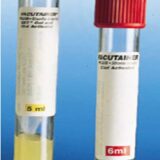
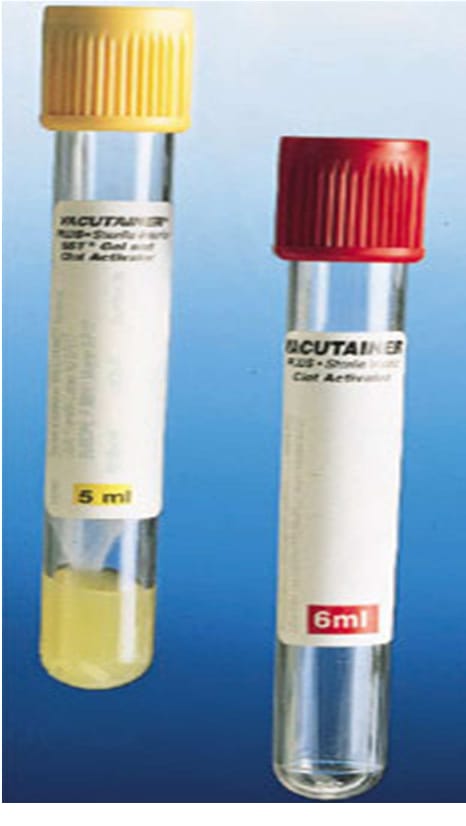
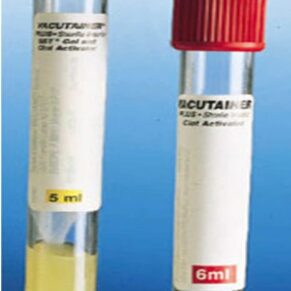
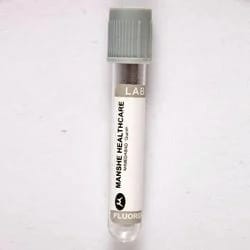
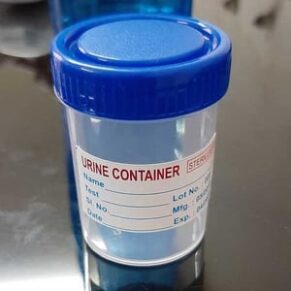
Customer reviews
Reviews
There are no reviews yet.
Write a customer review